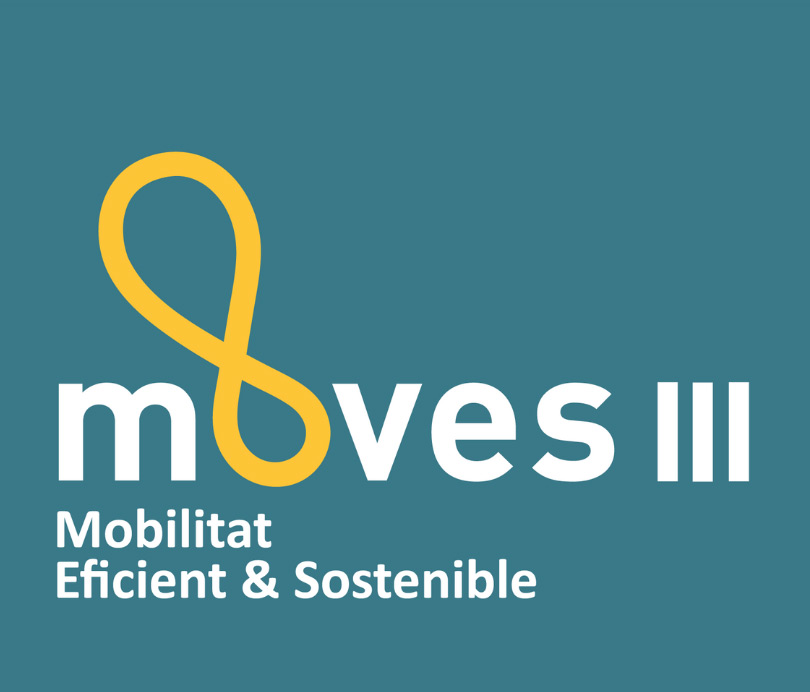By Joan Rovira, Singularity Foundation General Manager
What is the future of science? How will the fields of art, engineering or the humanities advance in the face of the irruption of singularity, the development of artificial intelligence or the latest events caused by the pandemic?
Ever since we created the Singularity Foundation, we have wanted to present these questions to students; future scientists and artists; former students or professionals interested in delving into the educational, technological, scientific, humanistic and social changes that are going to take place in the coming decades.
To this end, we have organized “Singularity Webinars”. You can register to the webinars here.

1918-1920. The then misnamed Spanish Flu killed around 40 million people around the world. After two years, the flu disappeared just as it had appeared. It was catalogued as the bloodiest pandemic and with males aged between 20 and 40 years old representing the highest percentage of victims. This caused the world of work to undergo one of the greatest changes in history by incorporating women. In Russia, that same year, the first public health network was installed; later other European countries would follow.
2019. At the end of the year, the first cases of a flu appear that is initially called “the coronavirus” and which the scientific community would later baptize as COVID-19. Its first manifestations were in a province of China, later other areas of Asia were affected before it spread throughout Europe, Africa and finally the American continent. That is, all over the globe. More than a million deaths have been counted in the latest statistics.
The intention of this article is not to compare both world catastrophes, but to highlight how our lives will change after this pandemic. And in particular, how schools are going to change, as well as the different ways in which teaching and learning might develop. This change will not be structural, but it will have a great influence on the children and adolescents who are in our classrooms today. The masks, the bubble groups, the social distance will be just a single anecdote.
The Singularity Foundation considered how they were going to face a great change as we approach 2030. This would be the result of the exponential advance of technology. We worked at the foundation to see how the educational world would evolve in the face of this process of technological change. Our students considered topics such as: Artificial Intelligence, Big Data, Bitcoins and cryptocurrencies, blockchains, autonomous cars.
But perhaps the key trigger was another: COVID-19.
During the period of confinement due to the pandemic, teachers will have been able to teach our young people that we have the ability to react to difficult situations: their resilience was already known to us. And if before, for example, people had already begun to talk about teleworking, now it has officially been established in our society; some companies already propose a mixed model to start with and the Council of Ministers approved the Telework Law a few weeks ago. And if it once seemed unthinkable to be able to teach a class virtually, now schools and universities have it more than assimilated.
For all this, at The Singularity Foundation, we continue to work for the future of our young people and we propose a series of webinars: Singularity Wednesdays, in which we will give the floor to former students of St. Peter’s School.
These alumni are already immersed in professions where the change and exponentiality that brings us closer to the point of singularity is already perceived. From different areas, we will see how 3D printers are being used to print human organs such as cartilage, tissues, etc. But they will also talk about how the printers that make these 3D prints are designed and built. We will see the progress that has been made in the world of music composition, using programming tools and algorithms. We will be introduced to F1 engines that learn from the behaviour of their drivers and adapt to the layout of the circuit according to their reaction. And we will be able to listen to the advances that are being made in liver cancer research at IDIBAPS, a research centre linked to the Clinic.
Our cycle of webinars is framed in this new scenario. I hope and wish that the effort and work carried out by the entire Singularity Foundation team is to the liking of those attending these webinars: young and not so young.
And, to paraphrase Queen, Life must go on.


















